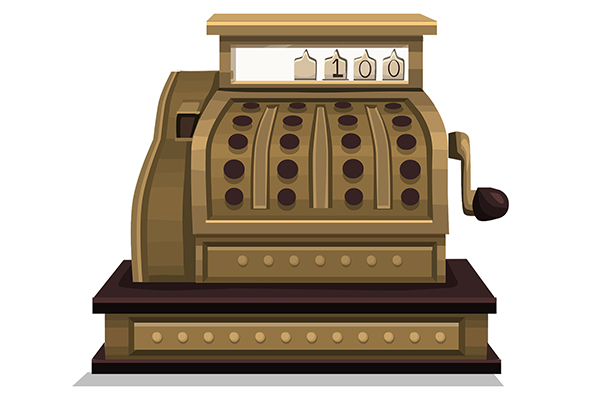After reviewing proposed documents aimed at creating a three-town local option tax (LOT), Waitsfield’s town attorney has weighed in with some specific suggestions as the plan moves from the conceptual level to the mechanical level.
A subcommittee of the Mad River Valley Planning District is proposing a Warren, Waitsfield and Fayston local option tax to be collected, comingled and invested in the community for housing, transportation, recreation, community projects and marketing.
The LOT would be levied on rooms, meals, alcohol and retail sales already subject to the state sales tax. It would raise about $1 million of which $700,000 would come back to the community. Its proponents envision the funds being distributed via a grant process governed by a commission featuring two people appointed by each select board and a chair selected from the Mad River Valley Planning District steering committee.
TOWN CHARTER
To adopt an LOT each town’s voters need to pass the proposal. Before that can happen in Waitsfield the town needs to vote to change its charter, enabling a future vote on the tri-town or a single-town LOT.
This spring each town appointed two select board members to a tri-town negotiating committee that drafted a memorandum of understanding (MOU) spelling out the proposed tri-town LOT and bylaws. Warren and Fayston had their attorneys review the documents this summer and Waitsfield only recently had its attorney review the documents.
Attorney Bob Fletcher’s November 25 memo was released by the Waitsfield Select Board after its December 9 meeting. That memo notes that the board could include language related to the tri-town LOT proposal (if the town intends to endorse it) when it presents the first ballot on changing the charter next year at Town Meeting.
TWO-STEP PROCESS
The town has been proceeding with the charter change and LOT as a two-step process: first, present the voters with a ballot item that will change the town’s charter so that an LOT is possible; and then, either present the tri-town proposal or a Waitsfield-only proposal at a second vote or present no LOT proposal at all.
Fletcher’s memo also suggests that the town could take that second step (presenting an LOT for voter approval) as a second charter change.
Fletcher expresses support for any tri-town LOT to be organized through a union municipal district versus an interlocal agreement. The Mad River Valley Planning District was created as a union municipal district as was the Mad River Valley Recreation District.
Fletcher questioned the proposed governance structure with equal representation from each town, given the fact that the funds raised in each town are not equal. He noted that “proportional representation may not preclude a negative outcome from the voters, but it may.”
He also questioned the wisdom of the plan to have a chair of the LOT commission come from the planning district’s steering committee, calling it “an uncommon construct.”
Members of the tri-town negotiating committee will resume their work now that all three town attorneys have weighed in.







